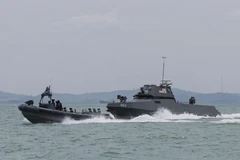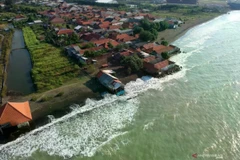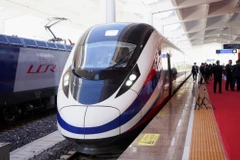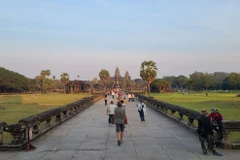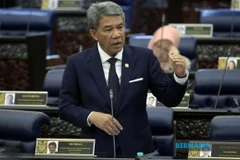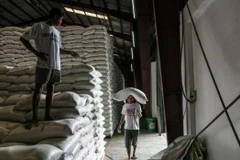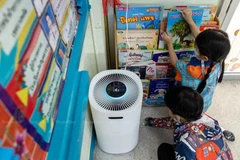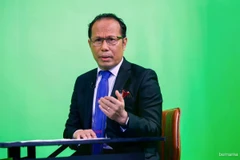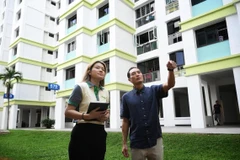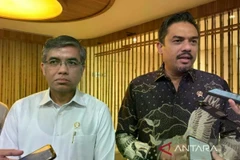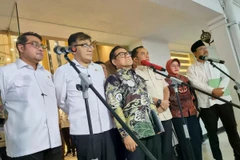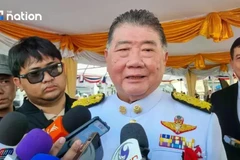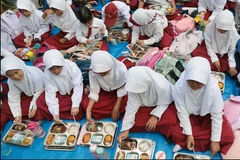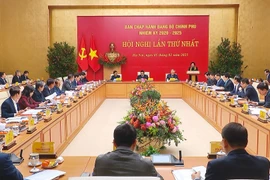Local media quoted Auramon Supthaweethum, Director-Generalof the Trade Negotiations Department of Thailand, as saying that the countryhas scheduled bilateral negotiations with the three partners during the RCEPtrade negotiating committee's meeting set for Vietnam’s central city of Da Nanglater this month, to thrash out differences on contentious issues such asopening markets for sensitive goods and services.
The RCEP initiative was launched inNovember 2012 with the aim of boosting economic cooperation between 10 ASEANcountries and six dialogue partners, namely China, Japan, the Republic ofKorea, Australia, India and New Zealand.
Negotiators from all the participatingcountries have concluded talks on seven articles from a total of 20, includingcustoms and trade facilitation; state procurement; economic and technicalcooperation; and small- and medium-sized enterprises.
The 13 remaining articles concern variousissues such as intellectual property rights, telecommunications and marketexpansion for goods, services and investment.
The talks have been hampered by a lack offree trade agreements between some partners, such as China-Japan, India-Chinaand India-Australia-New Zealand.
In a recent meeting, ASEAN economicministers assigned the RCEP trade negotiating committee to follow up on talksin Da Nang from September 19-27, hoping to convince them of the flexibility andmutual benefits for all members, Auramon said.
As the ASEAN chair this year, Thailand’snegotiators will exert all effort to finish the RCEP talks, she said, addingthat the committee’s meeting in Da Nang will try its best to conclude thetechnical negotiations.
Once signed, the RCEP will form the world’slargest free trade area with about 3.56 billion people and 30 percent of theglobal gross domestic product./.







